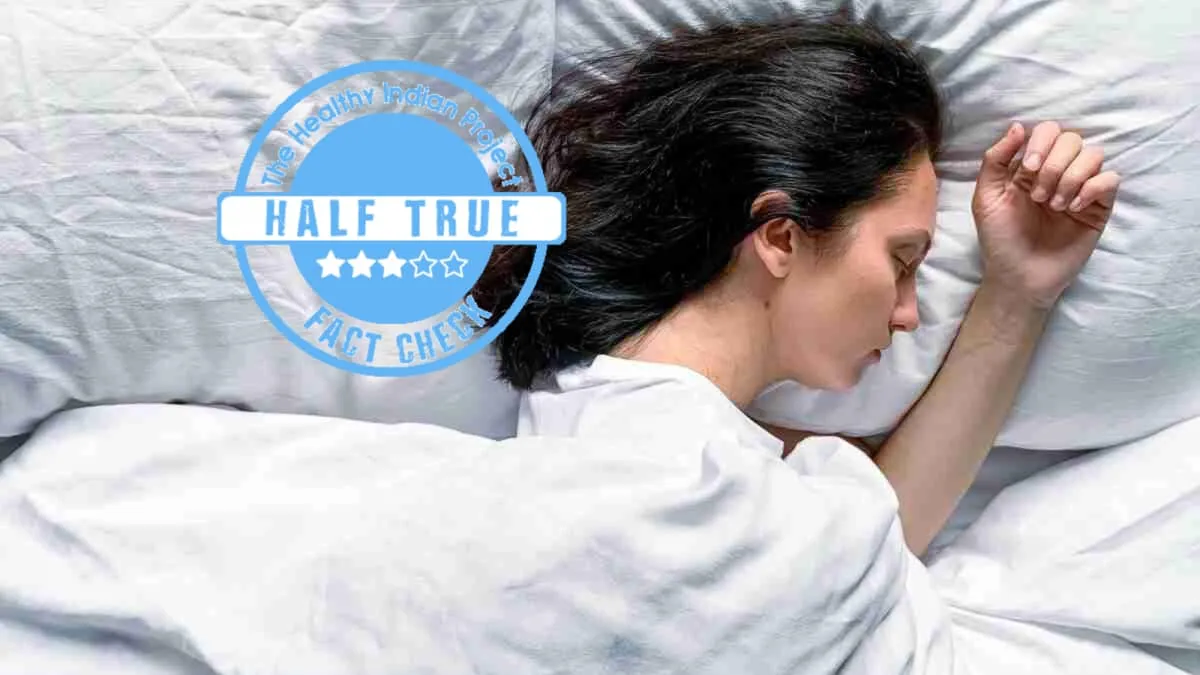Women Sleep Needs: Exploring the Connection Between Brain Complexity and Sleep Deprivation

Women Sleep Needs Explored
Women sleep needs significantly differ, particularly concerning women brain complexity and psychological distress. Recent claims suggested that hormonal changes during menstrual cycles, pregnancy, and menopause can impact women's sleep quality and quantity.
Duke University Sleep Study Findings
A study from Duke University Medical Center evaluated the effects of sleep deprivation on women. It highlighted that women often experience higher psychological distress linked to poor sleep quality.
- Women may exhibit greater emotional responses to sleep deprivation.
- Hormonal changes can exacerbate sleep requirements.
Multitasking and Sleep
Women often multitask, which increases cognitive load. However, there's little scientific evidence directly linking multitasking to increased sleep needs.
- While societal pressures lead to higher multitasking, the connection to sleep requirements remains unclear.
Duke's research points to the necessity for women to prioritize sleep for better health, as sleep issues significantly affect women more adversely than men.
Disclaimer: The information provided on this site is for informational purposes only and is not intended as medical advice. We are not responsible for any actions taken based on the content of this site. Always consult a qualified healthcare provider for medical advice, diagnosis, and treatment. We source our news from reputable sources and provide links to the original articles. We do not endorse or assume responsibility for the accuracy of the information contained in external sources.
This article was prepared using information from open sources in accordance with the principles of Ethical Policy. The editorial team is not responsible for absolute accuracy, as it relies on data from the sources referenced.